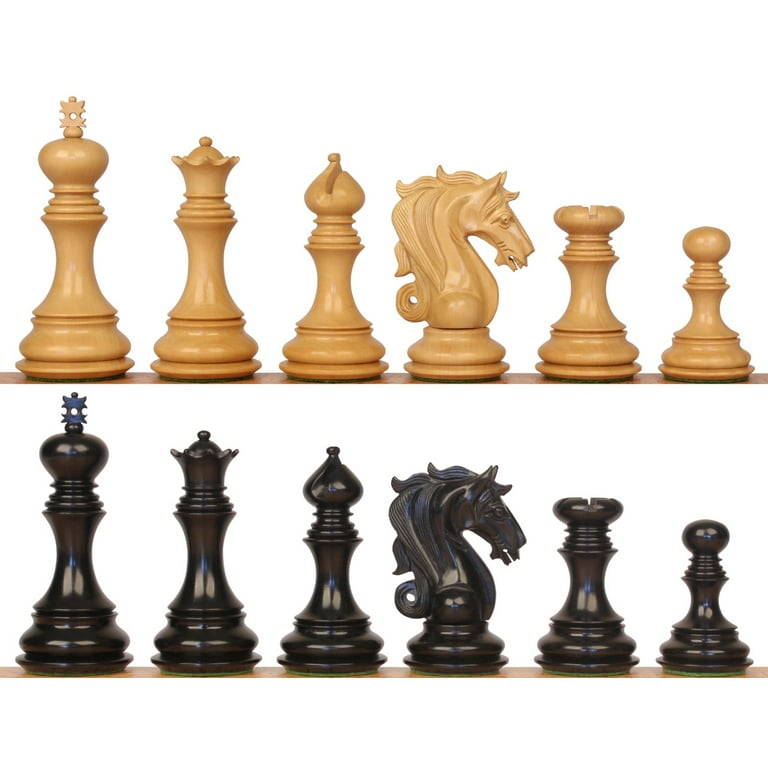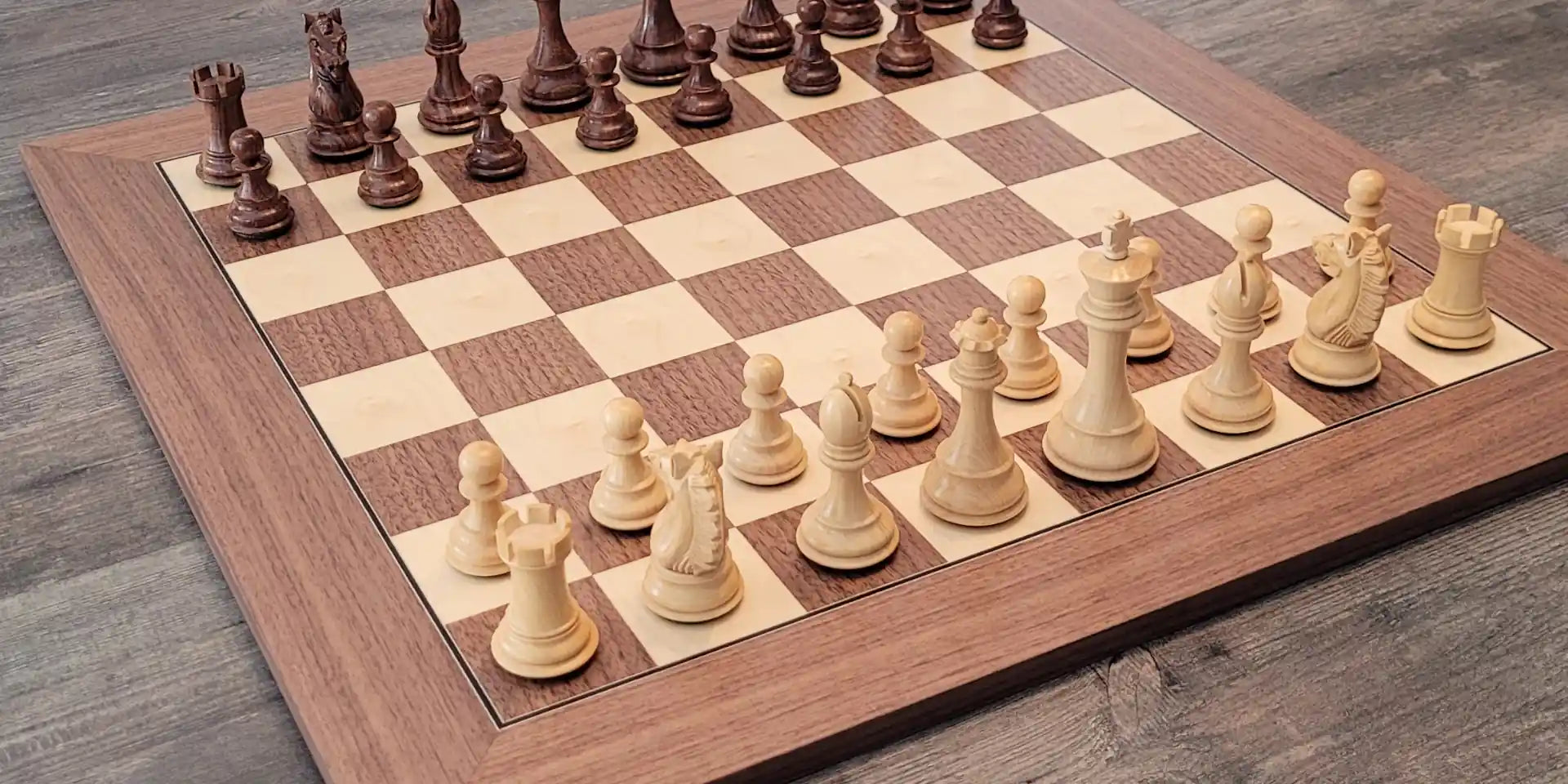Chess for Schools: Why Teaching the Game Matters
Strategies for Chess: Unlocking the Tricks to Grasping the Game
Chess methods encompass a variety of methods vital for success. Understanding the principles is essential for any gamer. Each phase of the game-- from openings to endgames-- requires an one-of-a-kind method. Grasping these components can bring about considerable benefits. The journey does not end with standard knowledge. There are much deeper layers to explore, disclosing the complexities that can truly elevate one's game. What lies past the surface area of these essential strategies?
Recognizing the Basics of Chess
While several players focus on innovative strategies and strategies, understanding the principles of chess is vital for anyone looking for to boost their game. The foundation of chess begins with the rules, which determine how each piece moves and captures. Knowledge with the board's format and piece worths is crucial, as it assists players examine settings and make notified choices.
Furthermore, understanding standard principles such as control of the facility, item advancement, and king safety and security lays the foundation for reliable gameplay. Players need to find out the significance of preserving pawn structure and identifying hazards, as these elements can substantially affect the outcome of a match.

Creating a Winning Opening Method
An effective opening technique in chess is essential for establishing a helpful position early in the game. Players frequently concentrate on crucial concepts such as item advancement, control of the center, and king safety. Developing pieces effectively enables higher mobility and tactical chances, while inhabiting the main squares enhances influence over the board.
Opening approaches can vary significantly, from aggressive lines focused on quick attacks to solid formations that focus on protection and steady growth. Experience with typical openings, such as the Ruy Lopez or Sicilian Defense, can supply players with a repertoire to draw from and adapt to challengers' feedbacks.
Furthermore, keeping flexibility in one's opening up strategy is important, as inflexible play can lead to predictable patterns easily manipulated by well-informed challengers. Ultimately, a winning opening technique sets the stage for an effective center game, leading the way for triumph.
The Value of Board Control
Board control acts as a fundamental facet of chess method, substantially influencing the end result of the game. Efficient board control allows a player to dictate the speed and circulation of the suit, providing chances for calculated advancement while limiting the challenger's alternatives. By occupying key squares, particularly in the facility, players can enhance their piece flexibility and create more powerful positions.
Managing the board also assists in better control among pieces, making it possible for tactical mixes and defenses. Chess. This advantage often equates right into increased pressure on the opponent, causing possible mistakes or miscalculations. On the other hand, an absence of board control can leave a gamer at risk, as their items become limited in movement and efficiency
Therefore, mastering the art of board control is important, as it lays the foundation for effective maneuvers and lasting critical preparation, eventually figuring out the victor in chess.
Tactics and Combinations: Searching For Hidden Opportunities
Discovering tactics and combinations is crucial for acquiring an advantage in chess, as it enables players to manipulate weaknesses in anonymous their opponent's setting. Tactical recognition includes acknowledging patterns such as forks, pins, and skewers, which can bring about product gain or positional benefit. Players should continuously scan the board for surprise chances, examining possible risks and reactions.
Combinations often entail a collection of steps that might at first show up counterproductive however can finish in a crucial result. Chess. For example, compromising an item to draw a challenger right into a catch can move the game's energy
In addition, effective estimation is crucial; gamers need to picture a number of steps in advance to predict the repercussions of their activities. Regular practice of tactical puzzles can hone this ability. Eventually, mastering techniques and combinations encourages gamers to seize control of the game, transforming apparently common positions right into winning chances.
Endgame Techniques: Safeguarding Your Success
Proficiency of tactics and mixes lays the groundwork for success, however identifying exactly how to transform advantages into triumph throughout the endgame is just as crucial. In this phase of the game, gamers should concentrate on piece coordination and pawn promo. Understanding vital principles such as resistance and controlling crucial squares can substantially improve one's opportunities of winning.
Reliable endgame strategies entail simplifying the position when in advance, trading items to minimize the opponent's counterplay, and making use of the king actively as a battling piece. Gamers ought to aim to develop passed pawns that can progress towards promo, forcing the opponent to divert sources to prevent them.
Exercising common endgame circumstances, such as king and pawn versus king, can supply invaluable experience. Finally, maintaining persistence and insight during the endgame will certainly often separate the newbie from the master, as definitive moments can arise unexpectedly.
Examining Your Opponent's Moves
Just how can a player properly expect their opponent's approach? Analyzing an opponent's moves is essential for establishing a competitive side in chess. Players must observe patterns in their challenger's play design, noting tendencies such as aggressive or defensive maneuvers. By understanding these patterns, a gamer can forecast prospective responses and prepare counter-strategies.
Acknowledging the opening selections can reveal a wealth of details relating to an opponent's favored strategies. Gamers must also examine the timing and context of particular relocations, analyzing the underlying motivations behind them.
Using strategies such as keeping an adaptable frame of mind and adapting to changes in the game can boost a gamer's capability to respond successfully. On top of that, keeping an eye on their opponent's clock monitoring might give understandings right into their degree of self-confidence and comfort with the placement. Generally, meticulous monitoring and evaluation are vital for anticipating and counteracting a challenger's method.
Continual Understanding and Renovation in Chess

Constant understanding is a basic aspect of improving one's chess game, complementing the analytical skills established with observing challengers. Players can improve their capabilities by examining classic video games, exploring opening theories, and engaging with literature on advanced strategies. On the internet resources and chess engines supply very useful devices for evaluating previous games, enabling gamers to recognize errors and fine-tune their decision-making procedures.
Participating in competitions and laid-back suits is vital for useful experience, enabling players to apply new expertise in real-time scenarios. Furthermore, signing up with clubs or on the internet forums fosters an area atmosphere where gamers can exchange insights, discuss techniques, and receive useful responses.
On a regular basis examining one's very own games and those of higher-rated gamers helps light up areas for enhancement - Chess. By growing a mindset of long-lasting understanding, chess lovers can constantly adapt, progress, and inevitably reach their possibility in this detailed and gratifying game
Frequently Asked Inquiries
What Are the Finest Chess Books for Beginners?
The very best chess books for newbies include "Chess for Dummies" by James Eade, "The Full Bonehead's Overview blog to Chess" by Patrick Wolff, and "Bobby Fischer Educates Your Domain Name Chess." These sources provide essential methods and important expertise for brand-new players.
Just how Do I Handle Losing Streaks in Chess?

What Online Operating Systems Are Ideal for Practicing Chess?
Popular online systems for practicing chess include Chess.com, Lichess.org, and Web Chess Club. Each offers various functions such as challenges, tutorials, and competitive play, providing to various skill levels and choices amongst chess fanatics.
How Can I Boost My Chess Visualization Skills?
To boost chess visualization abilities, one need to exercise psychological exercises, fix problems, evaluate video games without a board, and gradually increase the complexity of settings. Consistently playing blindfold chess can also substantially enhance visualization capacities.
What Prevail Psychological Catches in Chess?
Common emotional catches in chess include insolence, time pressure, and the worry of oversights. Gamers may also succumb to verification prejudice, leading them to ignore far better relocations while concentrating on previously effective approaches.